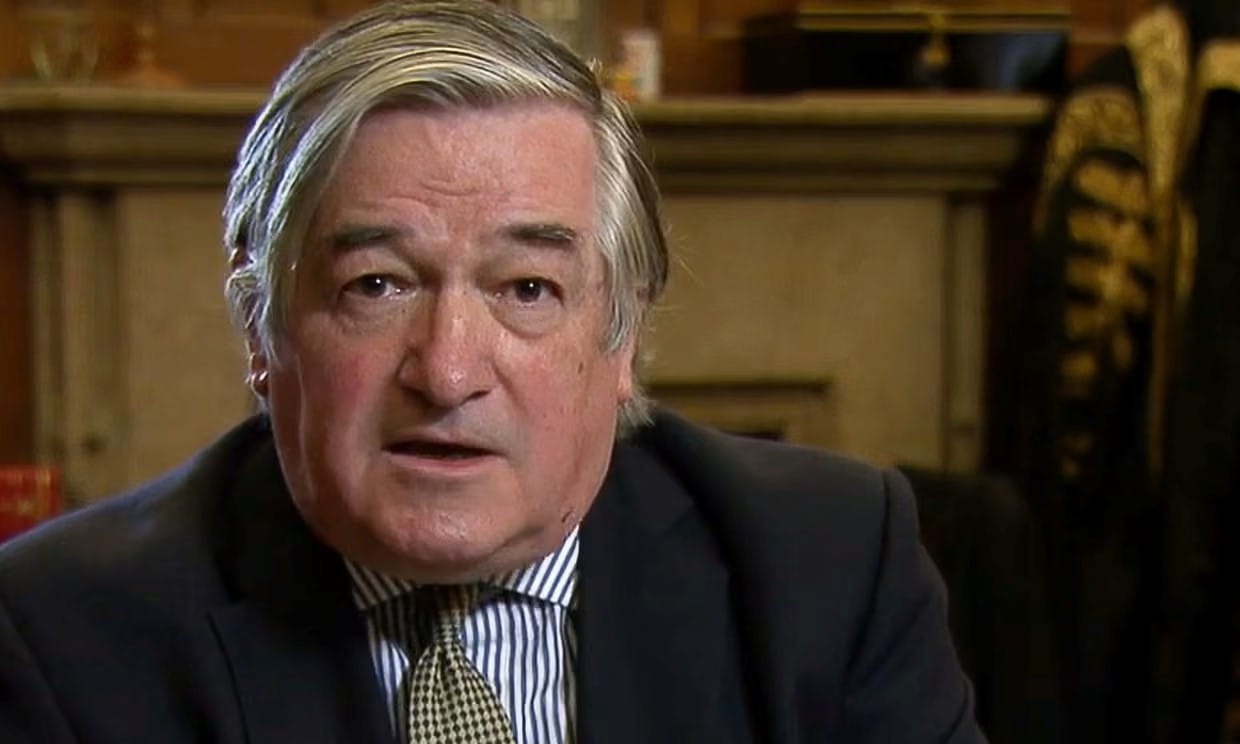AT v NB (No 2) (Maintenance Pending Suit: Costs) [2025] EWFC 287 (B)
DDJ Mark Harrop. Judgment regarding costs arising out of an application for maintenance pending suit.
Judgment date: 10 September 2025
https://caselaw.nationalarchives.gov.uk/ewfc/b/2025/287
DDJ Mark Harrop. Judgment regarding costs arising out of an application for maintenance pending suit.
Facts
On 4 August 2025, the court handed down judgment in relation to W’s application for maintenance. H was ordered to pay of £1,700 per month as global maintenance pending suit for W and their child until the final hearing, in addition to H funding various outgoings on the family home. This was appealed. The appeal costs were dealt with by HHJ Clarke; however the costs of the original hearing were ordered to be decided at this hearing. The court invited the parties’ views on how the court should treat the costs of the earlier hearing. Furthermore, the parties’ financial circumstances had changed between the application being made in April 2024 and the hearing in June 2025.
Legal principles
FPR 28.1 empowers the court to make such order as to costs as it thinks just. The general rule against costs orders being made is expressly disapplied in applications for maintenance pending suit (FPR 28.3(4)(b)(i)).
Alternatively, CPR Part 44 applies, with the exception of 44.2(2), which states that the unsuccessful party will be ordered to pay the costs of the successful party. Therefore, the general rule applies in applications for interim maintenance and the court starts with a clean sheet.
Aside from CPR 44.2(2), the surviving parts of CPR 44.2 state:
‘(4) In deciding what order (if any) to make about costs, the court will have regard to all the circumstances, including –
(a) the conduct of all the parties;
(b) whether a party has succeeded on part of its case, even if that party has not been wholly successful; and
(c) any admissible offer to settle made by a party which is drawn to the court’s attention, and which is not an offer to which costs consequences under Part 36 apply.
(5) The conduct of the parties includes –
(a) conduct before, as well as during, the proceedings and in particular the extent to which the parties followed the Practice Direction – Pre-Action Conduct or any relevant pre-action protocol;
(b) whether it was reasonable for a party to raise, pursue or contest a particular allegation or issue;
(c) the manner in which a party has pursued or defended its case or a particular allegation or issue; and
(d) whether a claimant who has succeeded in the claim, in whole or in part, exaggerated its claim.’
The fact that 44.2(2) is disapplied does not mean that success is irrelevant to the exercise of discretion in clean sheet cases. The surest indicator of success and failure is to identify the party who is to pay money to the other (AL Barnes Ltd v Time Talk (UK) Ltd [2003] EWCA Civ 402).
Judgment
In relation to the July 2024 hearing, both parties invited the judge to look at this in isolation from the application as a whole, despite neither party providing a figure representing the cost of the hearing itself. The judge was not persuaded to treat the costs of the first hearing separately from the application as a whole given events arise in litigation which are unavoidable, unforeseeable and add to the overall cost of litigation.
The parties’ financial positions had changed over the course of the litigation. Both parties’ rental incomes had increased. Their child had left private education, freeing up £1,700 per month for H. The judge confined himself to the bare facts that W sought £4,000 per month, H offered nothing and the court ordered £1,700. This means W was successful in her claim, although receiving 20% less than what she had sought.
Looking at conduct, the judge considered the fact that neither party moved from their respective positions in the 14 months. The judge felt W’s application was both reasonable and manifestly required. However, he decided that W shared responsibility with H that the matter was listed for a contested hearing given she was never going to receive the £4,000 per month she sought and to which she had stuck ever since. Therefore the judge decided the just outcome was to award W 50% of her costs which included her costs relating to the original hearing in July 2024.
This judgment has not been certified as citable pursuant to the Practice Note (Citation of Cases: Restrictions and Rules) [2001] 1 WLR 1001.





